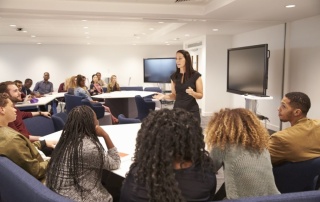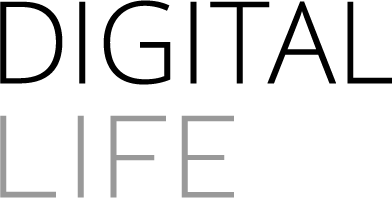Somaya Ben Allouch: 'eHealth deserves a permanent place in higher education'
09-09-2019

Recently an interview with Somaya Ben Allouch, lecturer at our research group Digital Life, has appeared in edition 04 (2019) of the journal 'ICT and Health', the official platform for healthcare innovation. 'Over the past decade, technology continues to enter the field of health care.'
Somaya Ben Allouch goes on: 'Whether you're talking about mobile phones, virtual reality or big data: almoest everything is available. Previously, the focus was still on the use of technology within the institutional environment, but the last few years the attention increasingly expands towards technology in extramural care (endeavor to provide equivalent care outside a hospital setting). These are positive developments, but the most important aspects remain that technology serves a purpose in care and that the central focus goes to users of this technology.
We try to let all students get in contact with the workfield as early as possible. This practice shows that we are increasingly faced with ICT and, not at least, there is a gap between the world of care and the world of ICT. We see that healthcare professionals want to work with technology, but this technology is not always best designed for them, or that they do not use it to unlock data. Or they do not know the rules that apply within the area of privacy and the rights of patients in this area.
What we aim is that we educate students so that they can understand both sides - care as well as IT - when they have finished their higher education. For example, look at the number of minors being offered in which both care and technology are combined. Maybe we reach only a couple of students for now - so it's just 'the tip of the iceberg', it's definitely a start.
Currently we are working on the development of a new master program - with a number of faculties - in which it is supposed that students of healthcare and ICT learn with and from each other during one year. This master must educate professionals, who will take the lead in daily practice after they have completed their studies. They must be able to understand eHealth in the workfield and therefore they can prove it in healthcare institutions. They understand the different stakeholders and their needs. In order to achieve this, you need to design the educational programs of the minors and masters as practical as possible. As a result, students with different backgrounds really get in contact with each other.

